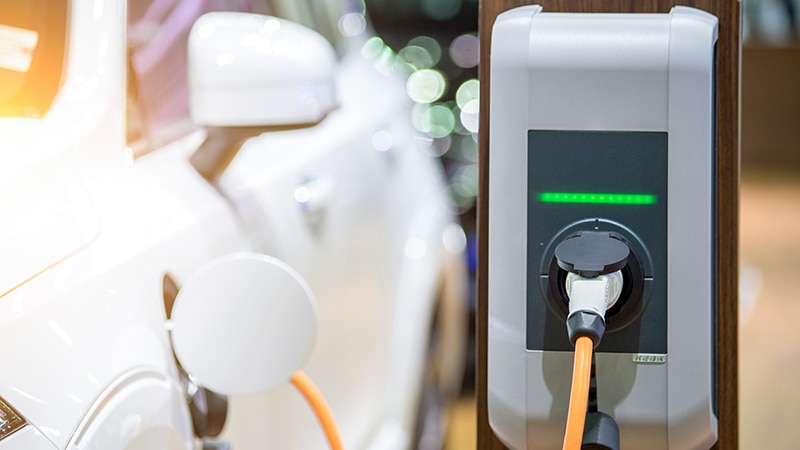That means, a drop of the actual value of cars on the market. Why shall someone buy a ev now knowing that its value is 5 years is zeroed?
As was expected.
This is abviously not equally spread across the industry. Some companies are seeing huge declines in cost because they invested years ago, and others aren’t seeing costs drop much at all, because they thought they could just buy batteries and haven’t invested in their own manufacturing. Some will float, others will sink.
I hope the prices will go down in BC Canada. Most good electric vehicles start at 55k I want to buy one but that is way to much money.
Good report, thanks for sharing!
Faster than expected by whom? Not Tony Seba to be sure.
Cars without value
Don’t tell the popular news media this! They’ll lose their old money sponsors!
I hope the popular news media is aware their sponsors are gonna go broke! They are betting their long term reputation on needs and cash they are getting from the Knickerbocker Ice Company!
this article was literally posted by an old money sponsor lol
When they come with a lower sales tag then I will celebrate. Remember how technology was suppose to make us work less, not cram more work into the same number of hours?
To be fair, EV prices are way down this year. Tesla prices are at or below similar ICE vehicles right now in most countries.
As an example, the Chevy ICE blazer premier trim AWD and convince package is $47.05K! The Tesla model Y long range is $49K. It has a hell of a lot of power too and handles so much better. The fuel savings in one year is enough to bridge the gap. If you are eligible for the tax credit, it’s now significantly lower than ICE SUVs! If you think a Model Y should compete higher up, a BMW x4 starts at $55K…
Now this isn’t every vehicle segment and not every electric car is a Tesla. Unfortunately, most of the BEVs offered are on the higher end of the market in general. But the prices are so much closer to ICE version compared to last year. And yes, they still need to go down. (And likely will partially due to battery prices.)
As Cathie woods pointed out, if you simply double production you get one level of price reduction. If you also work hard on developing the production methods, you get more of a reduction.
Interesting they assume the profit levels decrease significantly from CY23 to CY24? Whats the basis for that assertion? Seems like twisting the GR&A to accentuate GS’s claims.
Does this mean you can get a new battery for those old Nissan Leafs for cheaper now?
Thanks.
Wow, the submission is 2h old and we already got people mentioning Tony Seba and Cathie Woods.
As battery prices fall, Goldman Sachs Research estimates the EV market could achieve cost parity, without subsidies, with internal combustion engine (ICE) vehicles around the middle of this decade on a total-cost-of-ownership basis.
This may be true in the US but I suspect it is already true in Europe where petrol is heavily taxed. That said, I’ve found that a lot of people only look at the sticker price and the “total cost of ownership” argument doesn’t always work on them.
I suspect we will only see true mass adoption (>80% of new sales) once EV reach cost parity on sticker price for mass market cars (e.g. Toyota Camry).
Still, good news are good news. Just pointing this out to make the case that we may need subsidies at least for 4-5 more years. Right now in many European countries you’re seeing a decrease in subsidies, IMO too early.

